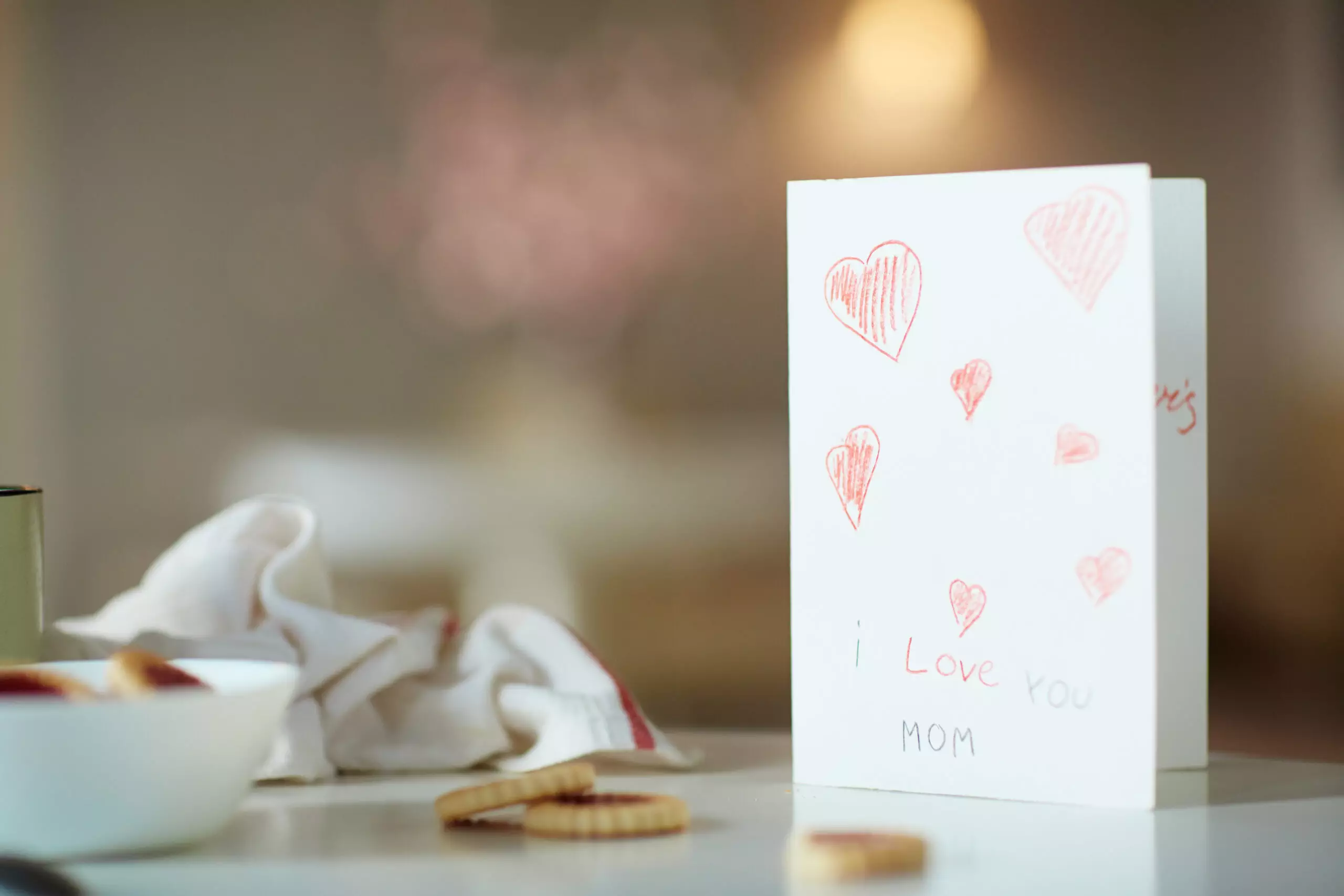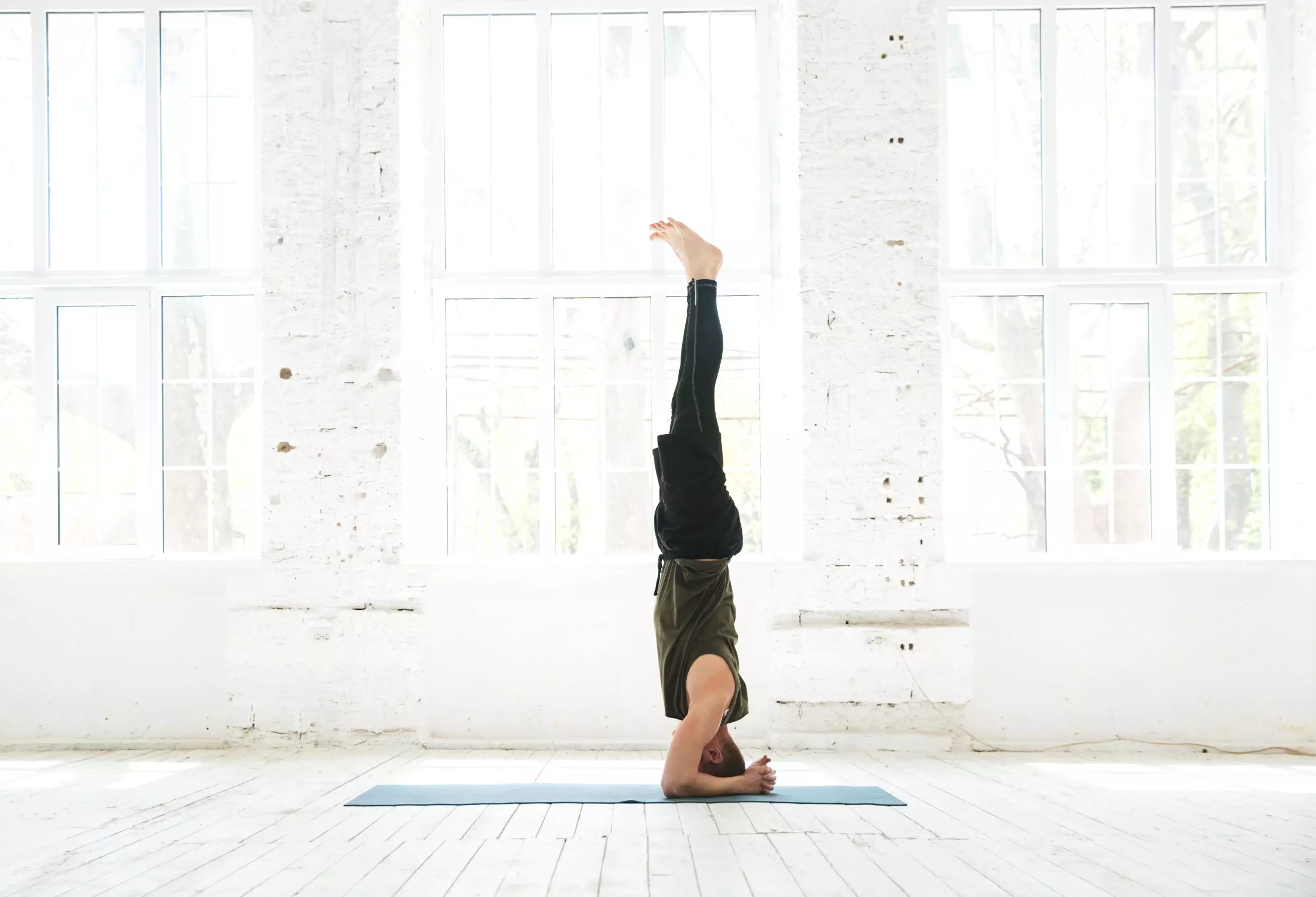Love. It’s a word that evokes so many emotions and experiences in all of us. Whether you’re currently in love, have been in love before or are searching for it, we can all agree that it’s one of the most powerful feelings on earth. But what if I told you that loving yourself first was actually the key to finding true fulfillment in your relationships?
Self-love has become quite the buzzword lately, but there’s a reason why – because it works! When you learn how to truly love and appreciate yourself, everything else falls into place. So let’s dive right in and explore why self-love matters and how you can practice it every day.
The Importance of Self-Love
We often hear about the importance of loving ourselves, but do we really understand just how crucial it is? Think about it this way: when you don’t feel good enough or worthy of love, how can you expect anyone else to see those qualities in you? By learning to love and accept yourself exactly as you are, you’re setting the stage for healthy, happy relationships with others.
But beyond romantic partnerships, practicing self-love also helps you build stronger friendships, improve your confidence and even boost your overall wellbeing. When you value yourself, you make better choices for yourself, which leads to greater happiness and success.
How to Practice Self-Love
So now that we know why self-love is important, let’s talk about how to practice it. Here are some simple ways to show yourself some love each and every day:
1. Take care of your body: Eat nutritious foods, get plenty of restful sleep and exercise regularly. This shows you respect your physical needs and want to take care of them.
2. Spend time alone: Being by yourself doesn’t mean being lonely. In fact, taking time out for solitude can help you recharge and connect more deeply with yourself.
3. Celebrate your accomplishments: Did you finish a big project at work or run a marathon? Congratulate yourself and celebrate your achievements! You deserve recognition for your hard work.
4. Treat yourself: Buy flowers for no reason, indulge in a massage or simply read a book you enjoy. Do things that bring joy to your life and make you feel special.
5. Forgive yourself: We all make mistakes, but holding onto guilt or shame only hurts us in the long run. Learn from your missteps and forgive yourself for not always getting it right.
Loving Yourself in a Relationship
Now that we’ve covered the basics of self-love, let’s talk about how to apply these principles within a relationship. When you enter into a new romantic partnership, it’s natural to want to give your all to the other person. However, it’s equally important to remember that your partner cannot complete you or fill any voids within yourself. That’s where self-love comes in.
By approaching a relationship already feeling whole and confident, you’re able to bring your best self to the table. Instead of looking to your partner to validate you or meet all of your needs, you can focus on building a strong connection based on mutual respect and admiration. And when conflicts arise (as they inevitably will), having a solid foundation of self-worth allows you to navigate challenges with grace and compassion.
Overcoming the Fear of Being Alone
For many people, the idea of being single can be scary or intimidating. After all, our culture tends to glorify coupledom and portray singledom as somehow lesser. But here’s the thing: being alone isn’t necessarily bad. In fact, it can be an incredibly empowering experience that teaches you a lot about who you are and what you want from life.
Instead of fearing being alone, try embracing it as an opportunity to rediscover yourself and pursue your passions. Use this time to travel, start a new hobby or simply relax and reflect on your goals and dreams. Remember, being alone doesn’t mean being lonely – and in fact, it can lead to greater independence and resilience in the long run.
Embracing Your Imperfections
Finally, let’s talk about embracing your imperfections. As human beings, none of us are perfect. We all have flaws, quirks and idiosyncrasies that make us unique. Rather than trying to hide or deny these parts of ourselves, why not embrace them instead?
When you learn to love yourself exactly as you are, without judgment or criticism, you free up so much energy to live your best life possible. Sure, there may be areas where you need improvement or growth, but focusing solely on those things can be draining and demoralizing. Instead, choose to celebrate your strengths and acknowledge your weaknesses with kindness and understanding.

In conclusion, loving yourself is the first step towards a fulfilling relationship – whether it’s with a romantic partner, friends or family members. By cultivating self-compassion, treating yourself well and embracing your imperfections, you’ll be able to approach all of your relationships with greater clarity, confidence and authenticity.







